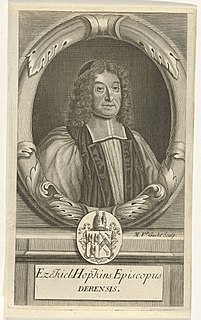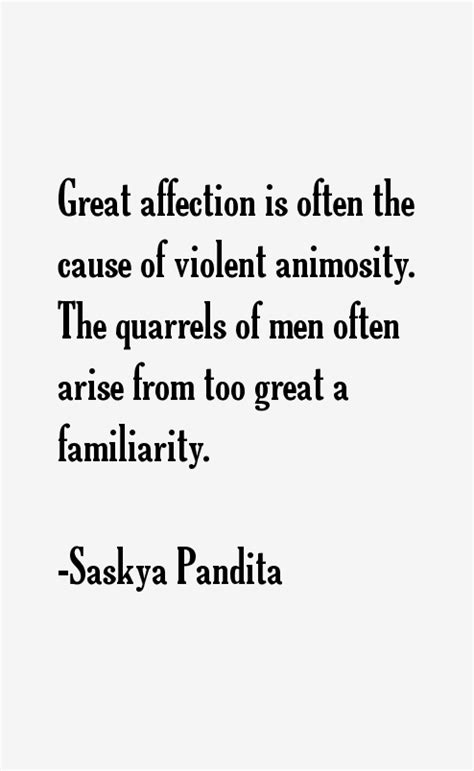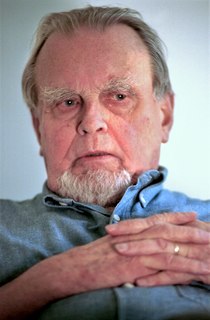A Quote by Ambrose Bierce
The speech of one who utters with his tongue what he thinks with his ear, and feels the pride of a creator in accomplishing the feat of a parrot. A means (under Providence) of setting up as a wit without a capital of sense.
Related Quotes
The mystery of God's providence is a most sublime consideration. It is easy to let our reason run away with itself. It is at a loss when it attempts to search into the eternal decrees of election or the entangled mazes and labyrinths in which the divine providence walks. This knowledge is too wonderful for us. Man can be very confident that God exercises the most accurate providence over him and his affairs. Nothing comes to pass without our heavenly Father. No evil comes to pass without his permissive providence, and no good without his ordaining providence to his own ends.
Nothing is so insufferable to man as to be completely at rest, without passions, without business, without diversion, without study. He then feels his nothingness, his forlornness, his insufficiency, his dependence, his weakness, his emptiness. There will immediately arise from the depth of his heart weariness, gloom, sadness, fretfulness, vexation, despair.
What he says, even on his knees, about his own sinfulness is all parrot talk. At bottom, he still believes he has run up a very favorable credit-balance in the Enemy's ledger by allowing himself to be converted, and thinks that he is showing great humility and condescension in going to church with these 'smug', commonplace neighbors at all.
When a man sought knowledge, it would not be long before it could be seen in his humbleness, his sight, upon his tongue and his hands, in his prayer, in his speech and in his disinterest (zuhd) in worldly allurements. And a man would acquire a portion of knowledge and put it into practice, and it would be better for him than the world and all it contains - if he owned it he would give it in exchange for the hereafter.
Sometimes he thinks that if he could only trace the path of his life carefully enough, everything would become clear. The ways that he screwed up would make sense. He closes his eyes tightly. His life wasn't always a mistake, he thinks, and he breathes uncertainly for awhile, trying to find a pathway into unconsciousness, into sleep.
































